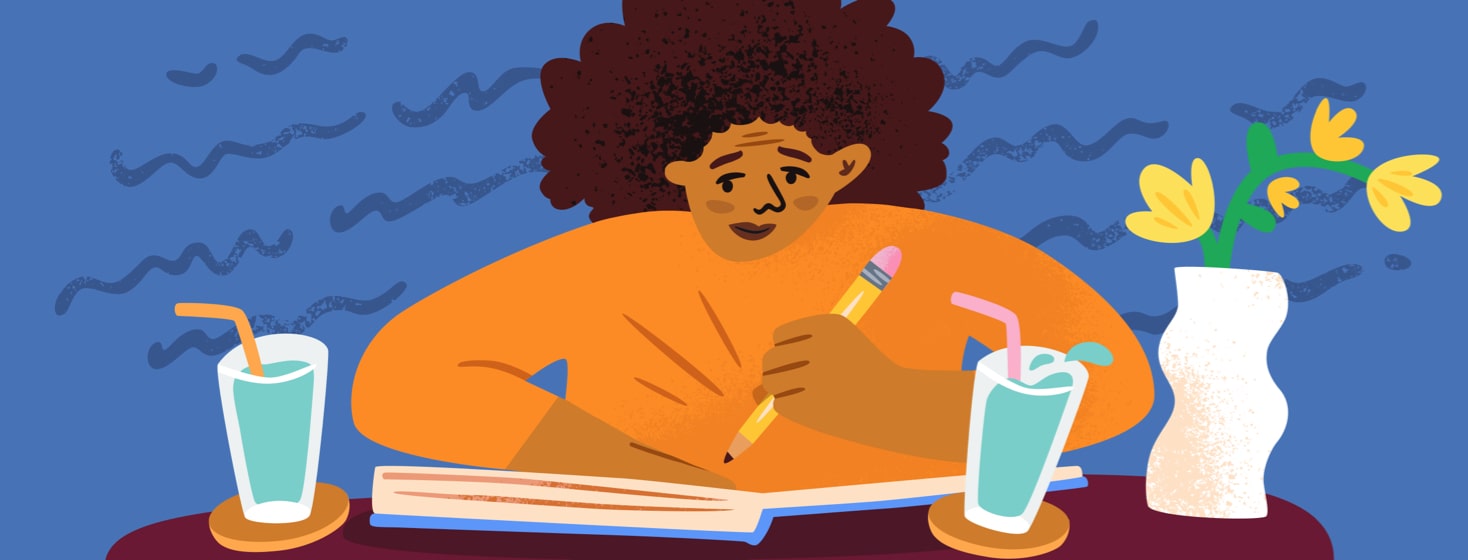Becoming an Expert on Your Loved One with Alzheimer's
At times during my mom's Alzheimer's journey, I felt ashamed for not knowing more about the disease. I didn't understand all of the science behind Alzheimer's and I was never up on the latest research. If someone would ask me about it, I was embarrassed to admit how much I didn't know.
Understanding my mom
Over time, I realized that it wasn't my job to be an expert on Alzheimer's disease just because my mom had it. Rather, it was my job to become an expert on my mom.
It was much more important for me to understand my mom's behavior, her symptoms, and what did or didn't work for her. Having extensive knowledge of general information about Alzheimer's would not necessarily be helpful in figuring out the best ways to address my mom's issues.
I learned that the best way to figure out what worked for my mom was through trial and error. There were many times when I got advice from other caregivers as to how to address certain issues or symptoms, but when I tried their advice with my mom - it didn't work.
I couldn't understand why something that seemed to work for everyone else didn't work for my mom. What I failed to realize at the time is that each person with Alzheimer's is different and you have to find what works best for each individual.
Everyone is different
Have you ever heard the expression that no two snowflakes are exactly alike? Well, the same goes for people with Alzheimer's disease or dementia. No two are exactly alike.
Although many people with Alzheimer's experience the same symptoms, no two people have exactly the same symptoms or experience them in exactly the same way. While there are many trusted and proven techniques to address the various symptoms of Alzheimer's disease, there is no guarantee that those techniques will work for your loved one.
Just because something works for one individual with Alzheimer's does not mean that it will work for all individuals with Alzheimer's. You have to find what works best for your loved one through trial and error.
Becoming an expert
You have to become an expert on your loved one. You have to know their behaviors and symptoms like the back of your hand. You have to learn what triggers these behaviors and symptoms and what calms them down. One of the best ways to learn this is by keeping a journal.
Keep track of your loved one's symptoms, what worked for them, and what didn't work for them. You can also write down other factors such as how much sleep they got, what they ate that day, what medication they're taking, and what their environment is like. This will help you to determine if certain things exacerbate certain symptoms or behaviors.
No one knows them the way you do
While it is important to have a basic understanding of Alzheimer's disease, it is perhaps more important to study your loved one. Knowing them inside and out will be far more helpful in your caregiving journey.
Tell us about your experience trying to learn your loved ones' Alzheimer's in the comments below, or share your story with the community.

Join the conversation